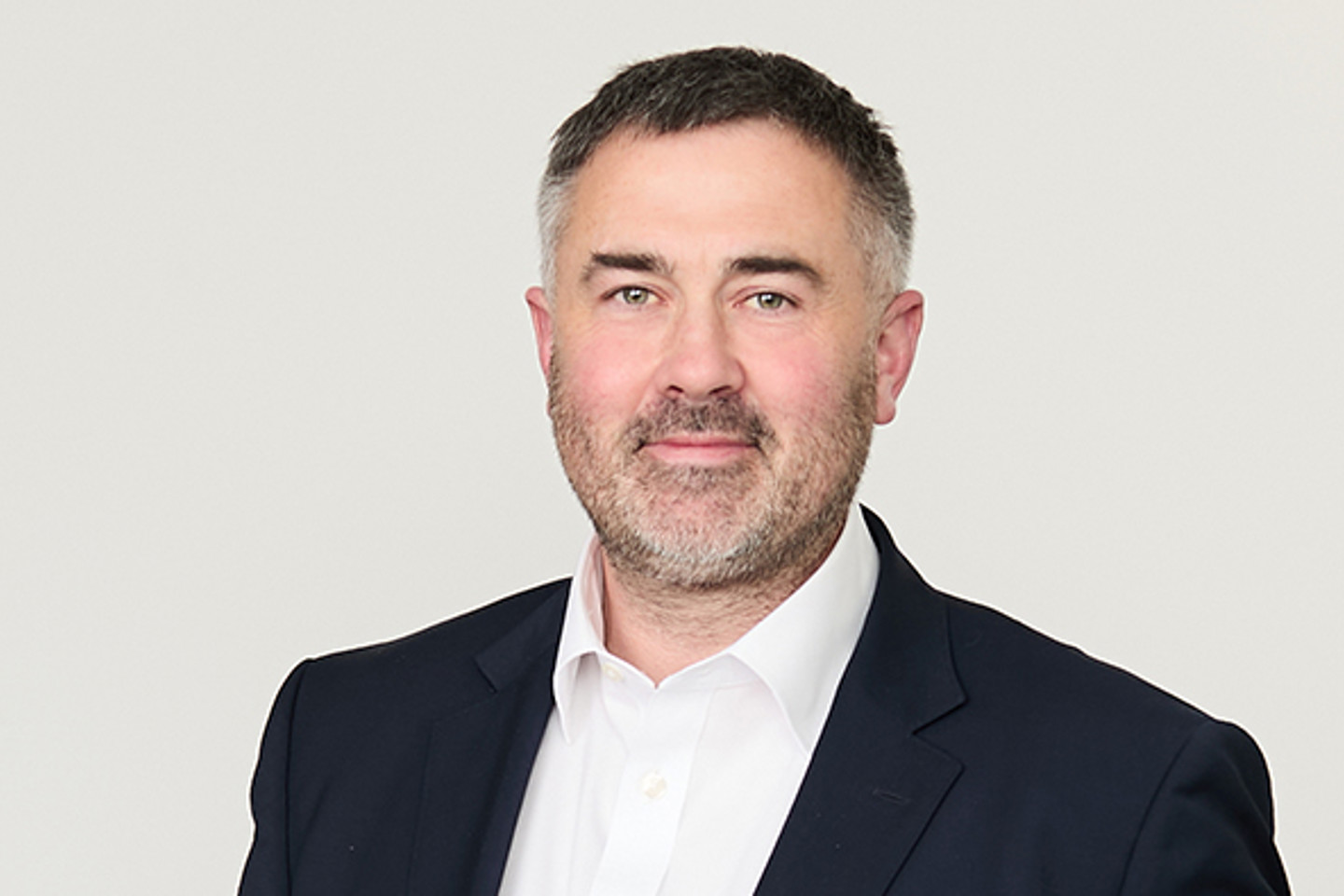
Dave Nolan
Counsel | Legal
Ireland

Dave Nolan
Counsel
Ireland
It is imperative that professional services firms in Ireland know and understand the roles and responsibilities of their business and their colleagues, as well as the legal and regulatory frameworks that they are operating under.
This was a key takeaway from a regulatory-focused seminar held in Dublin in May hosted by KPMG Ireland and Ogier.
Ogier Global Head of Regulatory Rachel Cropper-Mawer, Dispute Resolution partner Stephen O'Connor and KMPG Ireland managing director Katherine Gillespie were joined by Fallon Judge, Director of Civil Enforcement at the CEA, and Louise Gallagher, Joint Head of Enforcement at the CBI to explore the key themes, issues and outlook for regulatory enforcement in Ireland.
The session covered an array of topics affecting the regulatory industry including market abuse, geo-political uncertainties, OLAF (the European Anti-Fraud Office), corporate governance, fitness and probity, IAF/SEAR, AML, dawn raids and SM&CR's deterrent impact and lowering of enforcement action. This briefing from Ogier counsel David Nolan summarises those key topics.
The Central Bank stressed the importance of firms taking a holistic look at regulatory lists. It is not a case of ticking boxes and governance is done. It is more about a thorough and genuine understanding of the interplay of risk across all business lines. In terms of regulatory supervision, this is becoming one of vertical and horizontal supervision where sight of the bigger picture will not be lost in the detail.
The Central Bank has been working hard behind the scenes to adapt to the evolving nature of industry and will be moving towards a more cohesive / single line of engagement with regulated firms. The goal is alignment between supervision and enforcement so firms are not left to try to decode conflicting messages. It will be one voice from the Central Bank rather than multiple voices.
With the Individual Accountability Framework (IAF), Senior Executive Accountability Regime (SEAR), and Fitness & Probity (F&P) tightening the focus, enforcement oversight has stepped up a gear. Firms can expect more scrutiny but also more clarity with the High Court now confirming sanctions. The President of the High Court has expressed opinionon what is deemed to be “manifestly disproportionate” in settlements which will add certainty and clarity around settlements. This is welcome from the regulatory industry.
The Central Bank understands the importance of outsourcing. However, it does not advise firms to outsource their thinking. Regulated firms must develop their own strategy and controls, particularly in areas like operational resilience which remains a cross-sectoral priority for the Central Bank. The regulator is consistently seeing deficiencies across firm's oversight and control of outsourced service providers. This is an area the Enforcement directorate is focused on and professional services firms should be aware of this.
The Central Bank highlighted that early cooperation with Enforcement really does benefit regulated firms. This is not lip service cooperation but true genuine engagement and transparency. If a firm can move the investigation along quickly, responding to the Central Bank ahead of deadlines, providing thorough information and documentation. Admissions made up front can speed up resolution and may even soften the landing. Delays, however, are neither strategic nor well-received.
The Central Bank continues to see systems and controls as the beating heart of compliance. Whether it is AML, outsourcing or governance, a firm’s internal mechanics matter more than ever.
Interestingly, the FCA's Senior Managers and Certification Regime (SM&CR) was credited with reducing the need for enforcement through better accountability. Ireland’s evolving model hopes to follow suit.
Fines are not determined easily by the Central Bank. They will assess these and will scrutinise audited accounts and apply a very real proportionality formula. It will then seek confirmation from the High Court where reasonableness is the guiding light, backed by forensic accounting.
The Corporate Enforcement Authority (CEA) is a different prospect and is pure enforcement. With powers to appoint inspectors, seek High Court orders and even conduct dawn raids (with armed Gardaí), the message was clear: if an auditor is reporting your business, it is advisable to provide your own side of events at that point and not wait until the CEA contacts you it could be too late.
The CEA is extremely busy behind the scenes and investigates over 1,000 reports each year. Every complaint must be and is thoroughly investigated. Due to confidentiality constraints the results of these investigations cannot be disclosed or made public but the process behind closed doors is significant in time and resources.
Both regulators have access to the highest quality technology , including the ability to scan hundreds of thousands of documents within hours. There is also an increase in cross-agency information sharing, particularly between the Companies Registration Office and the Charities Regulator. A recent review undertaken by the CEA showed that approximately 280 companies were flagged for a mismatch in information.
The CEA also carries out targeted reviews, based on media reports. More than 200 charity accounts are still not up to date and the CEA is launching a director-led targeted campaign. If a company is still listed on the Charities register and has outdated accounts, now is the time to act.
It was put to the regulators whether they are considering a whistleblower bounty, akin to the US. Both were of the view this would not be beneficial to our culture of transparency and could lead to inaccurate reporting. The protected disclosure regime in place is deemed to be working well with the Central Bank receiving over 200 reports last year.
In summary, professional services firms should understand their own culture and challenge themselves, acting with honesty and transparency. A healthy culture is not a buzzword – it is a regulatory imperative.
There are financial and criminal intelligence and enforcement bodies in each of Ogier's key legal jurisdictions and we have extensive experience representing our clients in respect to preliminary investigations and enforcement actions brought against them.
It is crucial to have an experienced team who know the regulatory environment as well as understanding the business r to achieve the best outcome of any enforcement action. Ogier has that experience and knowledge.
Contact our team to find out more.
Ogier is a professional services firm with the knowledge and expertise to handle the most demanding and complex transactions and provide expert, efficient and cost-effective services to all our clients. We regularly win awards for the quality of our client service, our work and our people.
This client briefing has been prepared for clients and professional associates of Ogier. The information and expressions of opinion which it contains are not intended to be a comprehensive study or to provide legal advice and should not be treated as a substitute for specific advice concerning individual situations.
Regulatory information can be found under Legal Notice
Sign up to receive updates and newsletters from us.
Sign up